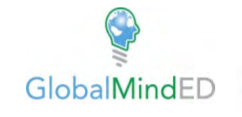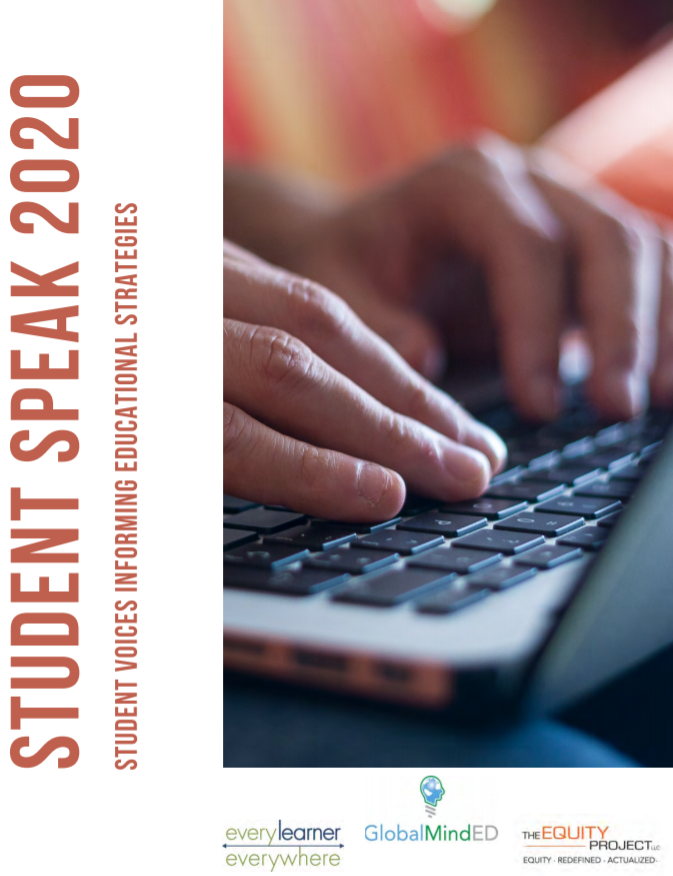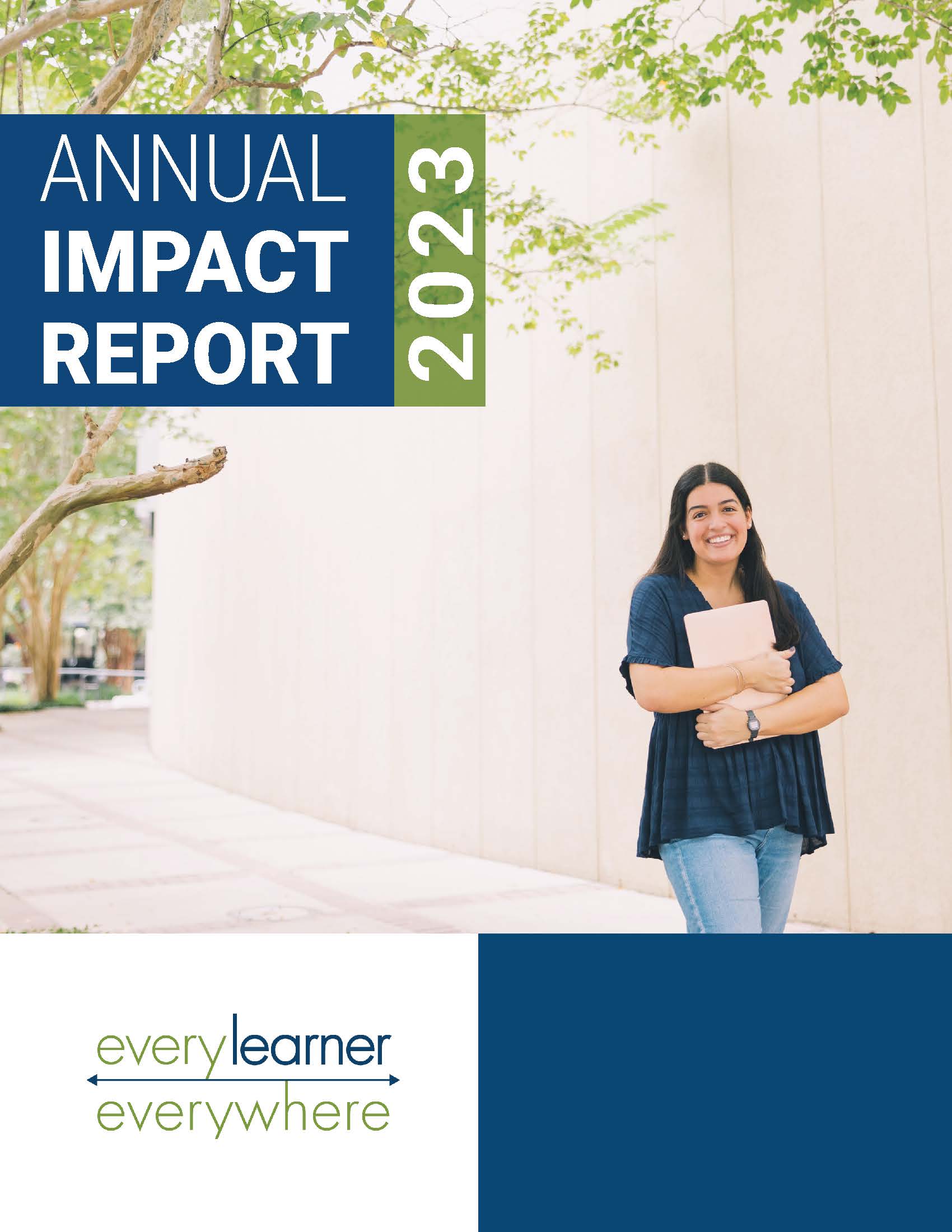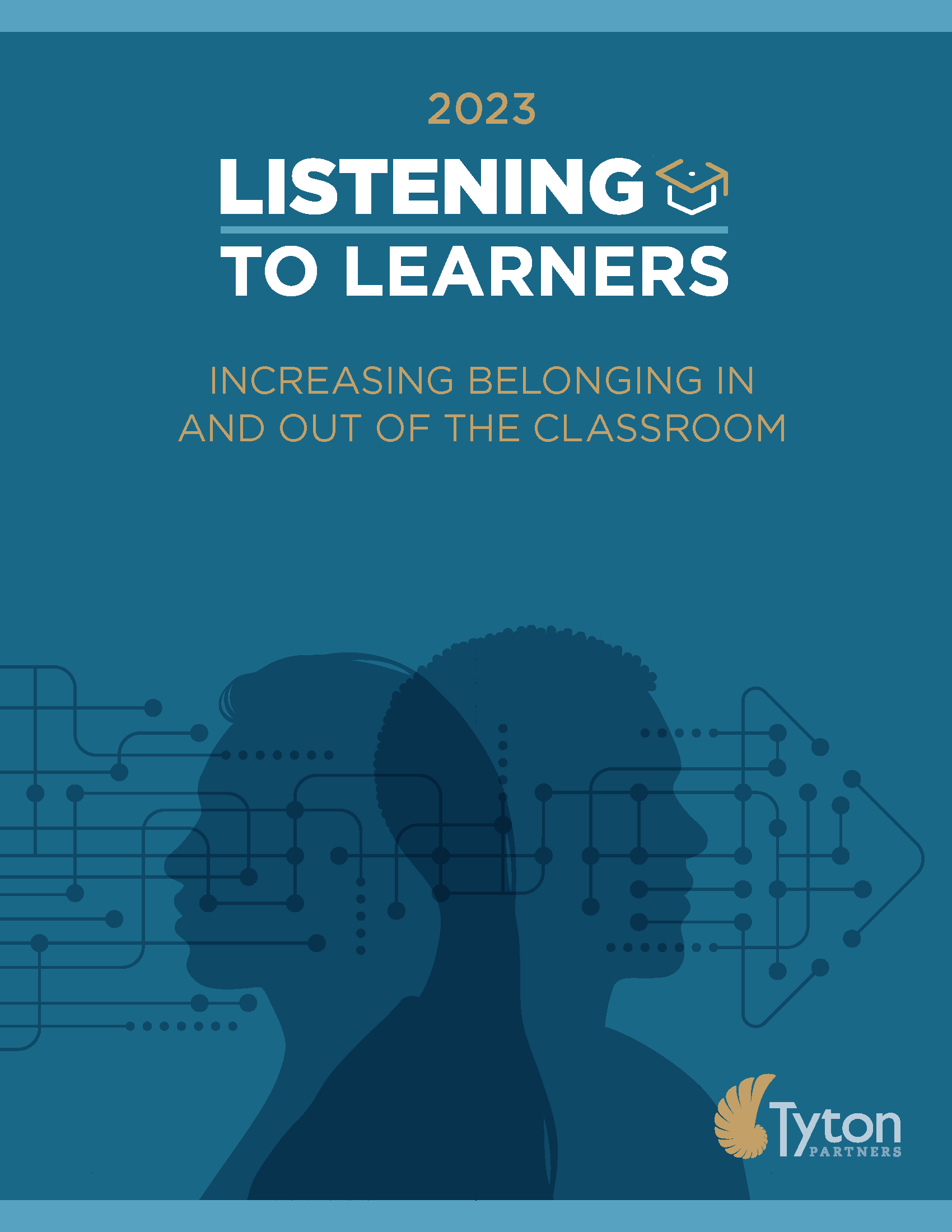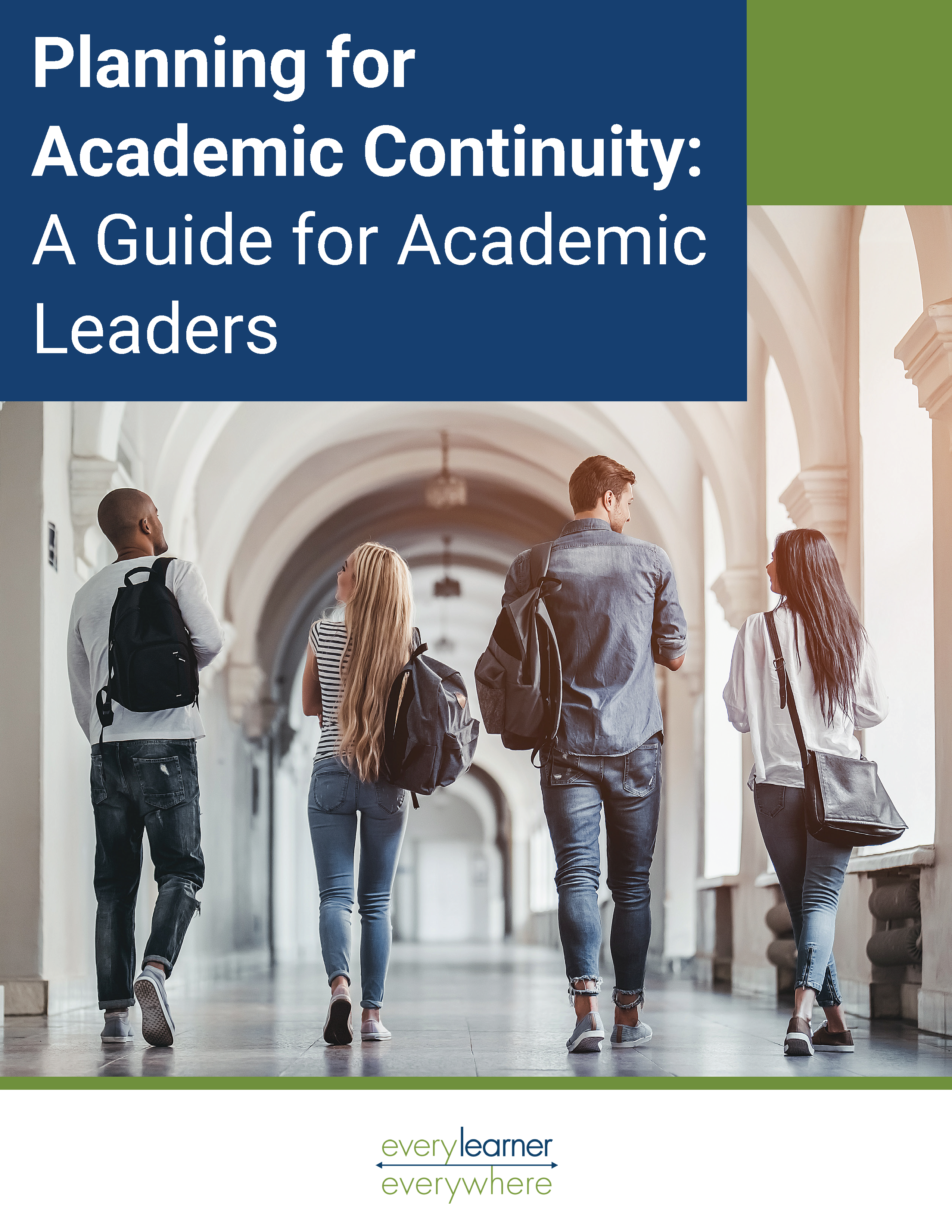Since mid-March, the least resourced students and their families have been most impacted by COVID-19. The Council for Opportunity in Education (COE) Indicators report of 2019 pointed to many alarming statistics when it was published in early spring 2020, including the fact that students who are both low income and First Gen have a 21% college completion rate in six years. The lowest income quartile cites degree attainment at 13% while 62% of the highest/wealthiest quartile attain bachelor’s degrees. Add to that the 2020 upheaval of employment fallout, the need to leave campus, tech and broadband insecurity, the move to remote learning in the spring semester, the uncertain fall semester landscape, and the revelation of generational racial injustices, and we face the prediction by a McKinsey report issued in June that this already fragile number of diverse graduates is likely to put an entire generation of learners/workers at risk. These promising students constitute our nation’s diverse talent pool, and the circumstances they face with college, learning, the digital divide, mental health, family, and financial issues — ranging from challenging to catastrophic — endanger their ability to learn and to access the career pipeline for which they are so sorely needed. Supporting the persistence, tenacity, faith, and endurance that these already at-risk students need at a time like this must be a top priority of policymakers, college leaders, and community and foundation funders. Nothing short of our nation’s educational, emotional, and economic viability is at stake.
Download Student Speak 2020 ReportRecommended citation:
Carter, C.J., Williams, J.R., Tyler, D.M., (2020, September 30). Student Speak 2020 Student voices informing education strategies. GlobalMindED, The Equity Project, and Every Learner Everywhere. https://www.everylearnereverywhere.org/resources/student-speak-2020/
Other Related Resources
February 2024
In this report, you can read about the network’s impact in the areas of services, thought leadership, and student engagement. In addition, we recap our 2023 network convening, introduce our new Equity First Organization partners, feature some of our student interns, and give readers a preview of what’s ahead for the network in 2024.
September 2023
Tyton partners’ Listening to Learners 2023 reveals that while 70% of students value representative diversity among advisors, only 30% of institutions report scaled implementation of this hr practice. Cutting-edge research identifies strategies to enhance student outcomes and create a sense of belonging in higher education.
August 2023
This guide presents results from an analysis of 100 academic continuity plans at U.S. colleges and universities. The results form the basis for recommended academic continuity plan best practices, tools, and templates academic leaders can use to maintain a plan that can be used in both short-term and long-term circumstances.


